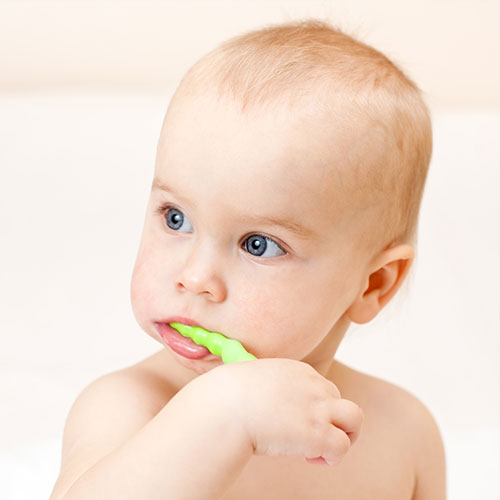Did you know that your child should see a dentist when their first tooth erupts or by their first birthday, whichever comes first? Although infants have few teeth, it’s important to introduce dental care at an early age to make sure that they stay on track.
Understandably, the dental exam for an infant differs significantly from that for an older child. We take care to recognize the unique needs of infants and adjust our techniques to meet those needs. A well-baby dental exam should be an uneventful experience for your child.
We view ourselves as your partners in ensuring that your child has optimal oral health from infancy onward. Don’t hesitate to ask for anything that you may need to keep your child’s smile in tip-top shape.
Value Of Dental Exams For Infants
You may be wondering why infants need dental exams if they only have one or two teeth, or maybe even none. Babies gain several benefits from having their smiles examined regardless of how many teeth they have. They will:

